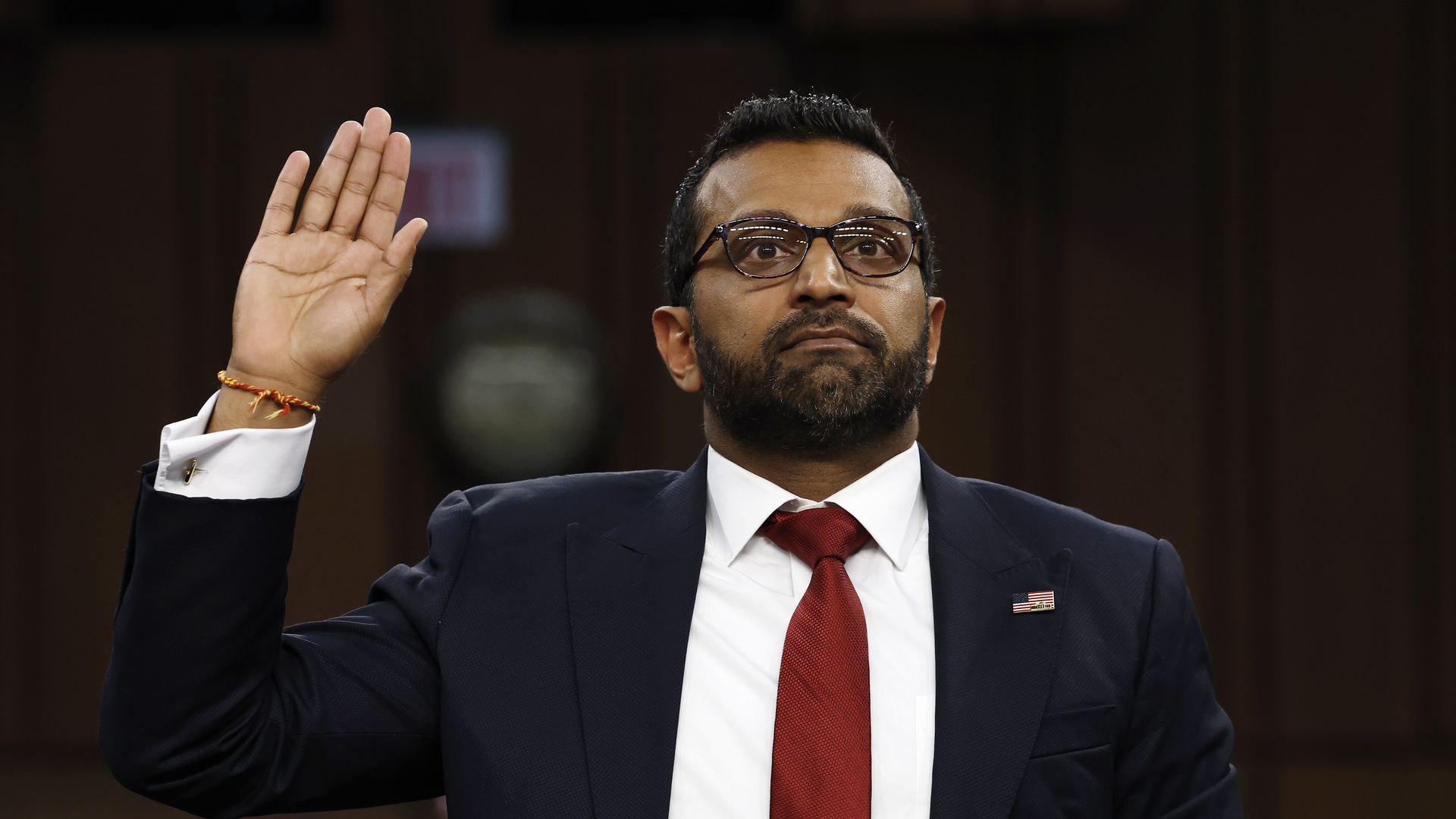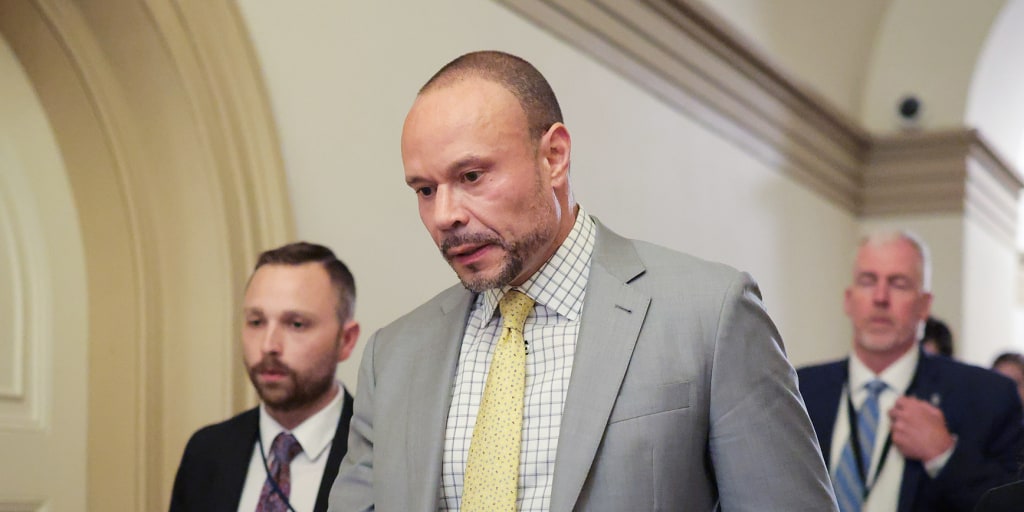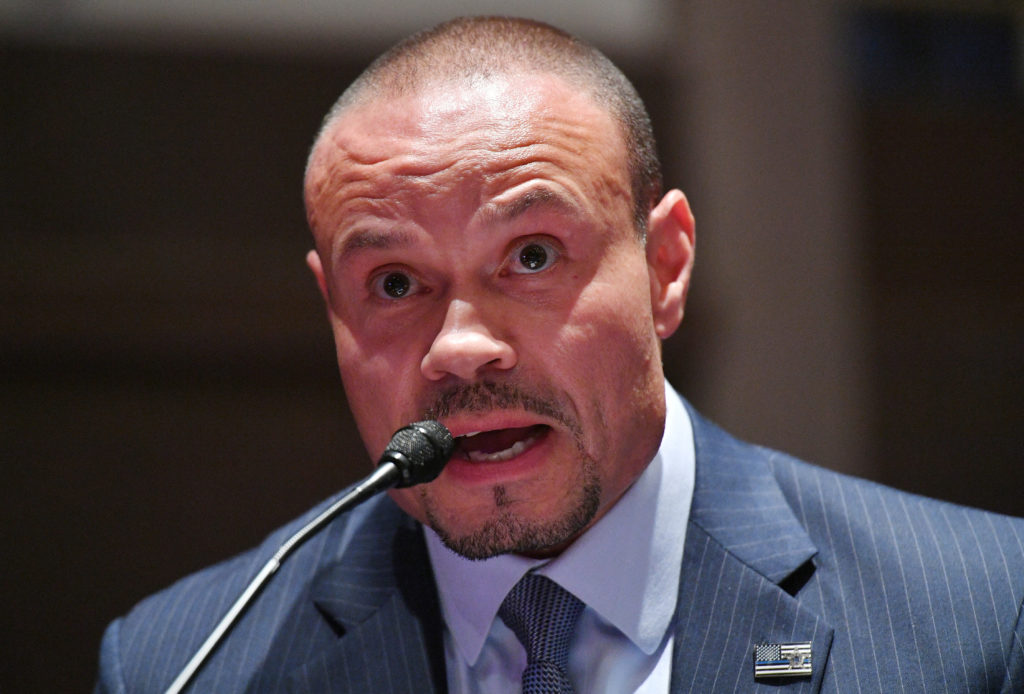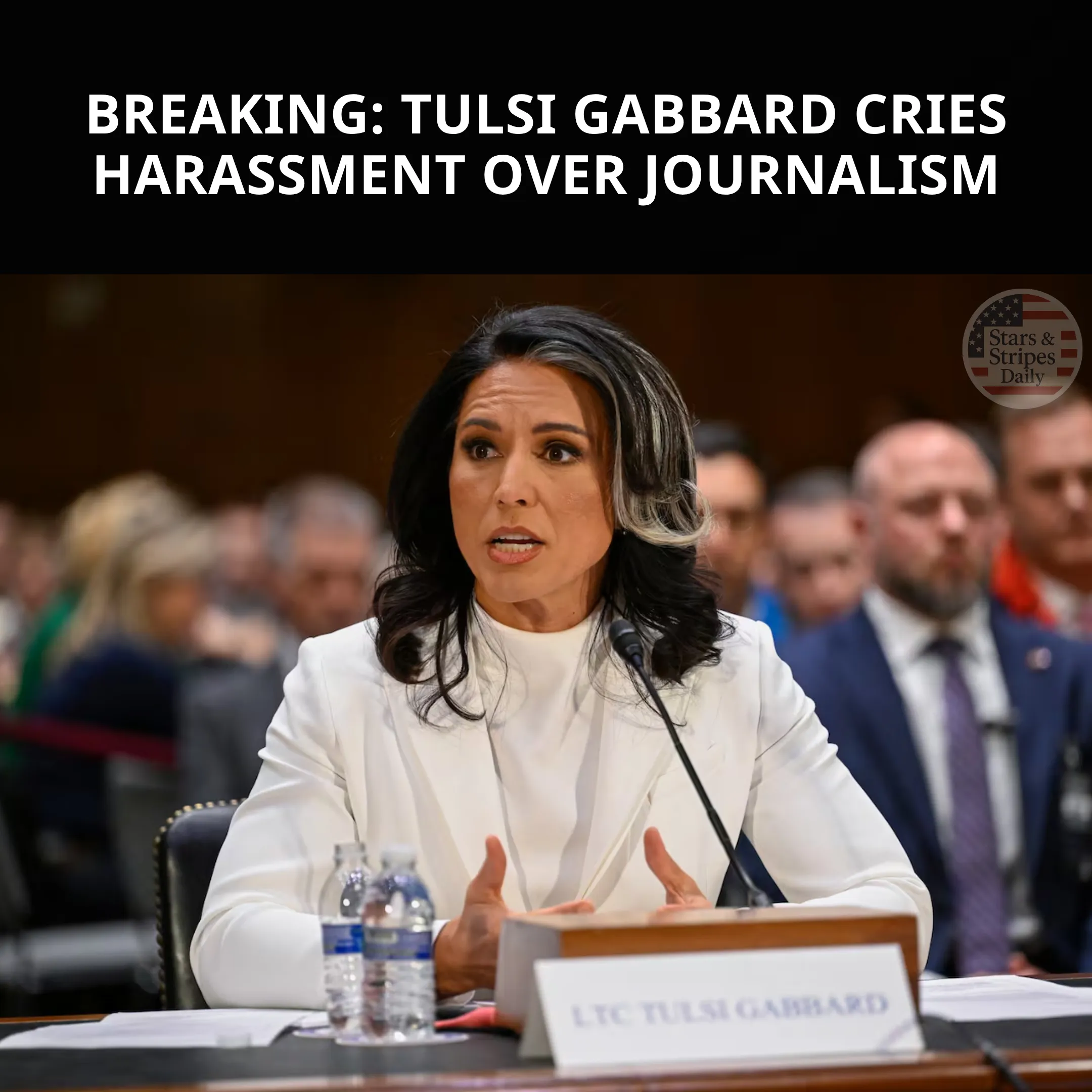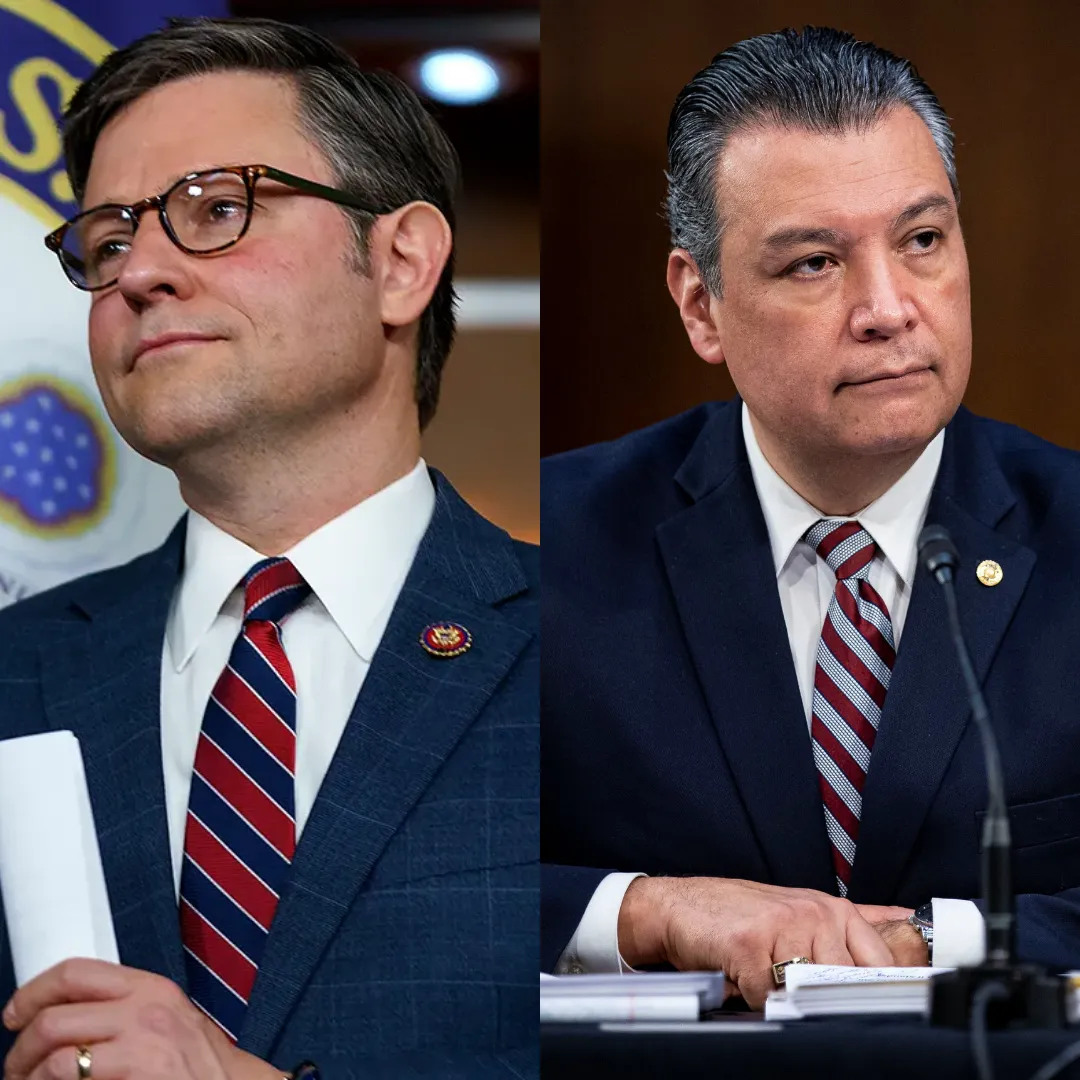Federal authorities announced Wednesday the arrest of a Southern California man accused of launching a violent attack on U.S. border agents during a chaotic confrontation in Paramount earlier this summer.
Dan Bongino, Deputy Director of the FBI, confirmed that 39-year-old Elpidio Reyna of Compton was taken into custody at the San Ysidro Port of Entry after weeks of evading authorities.
Reyna, who was wanted in connection with a June 7 assault on federal officers, faces a felony charge of assaulting a federal officer after allegedly throwing concrete blocks and rocks at agents.
The arrest represents a significant development in an ongoing case that has become symbolic of rising tensions between federal law enforcement and protest groups across Southern California.
The case traces back to June 7, when Border Patrol agents established a staging area in Paramount, California, as part of ongoing immigration enforcement operations.
According to FBI accounts, the gathering of agents quickly drew a crowd of protesters. Tensions escalated, and agitators within the group began hurling objects — including glass bottles and concrete blocks — at the officers.
Video captured by local media and later circulated on social media platforms showed agents retreating as projectiles rained down on their vehicles. One federal officer sustained injuries during the attack, while multiple government vehicles were left damaged.
The FBI identified Reyna as a central figure in the violence. He was allegedly seen throwing rocks directly at passing law enforcement vehicles, forcing agents to respond with tear gas to regain control of the area.
On Wednesday, Bongino publicly confirmed the arrest through his official FBI account on the X platform.
“You may remember Elpidio Reyna, a subject who allegedly threw rocks at federal officers during immigration operations in California June 7,” Bongino wrote. “We got him. He was arrested today at the U.S.-Mexico border.”
In a follow-up message, Bongino added: “More to come. Those who attack America’s police officers can run but they can’t hide.”
His remarks underscored the administration’s intent to aggressively prosecute individuals who commit violence against federal personnel.
The arrest followed weeks of investigative work by federal agents. Authorities relied heavily on video evidence, including footage broadcast by FOX 11 Los Angeles and recordings uploaded to social media. Using these images, the FBI identified Reyna shortly after the June 7 incident.
Investigators discovered that Reyna had fled California and returned to his native Mexico in the days following the attack. His likeness was circulated widely across Southern California and in parts of Mexico, particularly in Sinaloa, where he was eventually located.
Mexican authorities, working in coordination with the FBI, detained Reyna and negotiated terms of his surrender. On Wednesday morning, he was escorted to the San Ysidro Port of Entry, where FBI agents took him into custody.
FOX 11 reported that Reyna was transported to Los Angeles for an initial appearance before a U.S. Magistrate.
U.S. Attorney for the Central District of California Bill Essayli issued a sharp statement regarding Reyna’s arrest.
“Elpidio Reyna surrendered today at the U.S.-Mexico border to face a felony charge of assault on a federal officer for throwing rocks at passing law enforcement vehicles in Paramount on June 7,” Essayli said.
He noted that the arrest carried a symbolic weight: Reyna was taken into custody by a Border Patrol officer who had been inside one of the vehicles damaged in the June attack.
“That officer is a brave law enforcement professional who could have been killed in last month’s dangerous and reckless attack,” Essayli added.
He also delivered a warning to others who might consider similar actions: “To anyone who thinks they can attack federal officers and hide behind a mask or helmet, Reyna’s arrest today proves we can find and charge anyone who violates federal law. Don’t touch our officers.”
The June 7 violence in Paramount was part of a broader wave of unrest across Los Angeles following intensified immigration operations in the region. As ICE and Border Patrol increased their presence, protests erupted in multiple neighborhoods.
What began as demonstrations soon spiraled into violent clashes. For several days, Los Angeles saw fiery riots, vandalism, and direct confrontations between protesters and police. Vehicles were torched, federal buildings defaced, and law enforcement repeatedly pelted with rocks and other objects.
In response, President Trump authorized an unprecedented deployment of federal forces to restore order. Approximately 700 Marines and 4,000 National Guard troops were dispatched to the Los Angeles area.

The Guard deployment drew immediate backlash from state and local officials, including California Governor Gavin Newsom and Los Angeles Mayor Karen Bass.
Newsom denounced the move as unlawful, arguing that it violated the Posse Comitatus Act, which limits the use of military forces in domestic law enforcement. He filed suit against the Trump administration, claiming the deployment had been carried out over his explicit objections.
The governor initially scored a victory in court when a federal judge ruled that Trump’s use of the California National Guard exceeded his authority and likely violated the Posse Comitatus Act. However, an appeals court quickly overturned that order, keeping control of the troops in federal hands.
The legal dispute continues to simmer, with both sides preparing for further hearings. For critics, the case represents what they see as dangerous federal overreach. For supporters, the deployment demonstrated strength and a refusal to allow violent protests to spiral out of control.
Regardless of perspective, the events highlighted the intensity of the standoff between federal authorities enforcing immigration law and local leaders committed to resisting those efforts.
Reyna’s arrest marks not only the resolution of one case but also a message from the Trump administration about its approach to law and order. By pursuing him across international borders and celebrating his capture, the FBI and DHS sought to demonstrate that violence against federal officers will not be tolerated.
The case also underscores the administration’s broader push to reinvigorate immigration enforcement, particularly in sanctuary jurisdictions like Los Angeles.
For Bongino and other officials, the arrest serves as both deterrent and precedent: federal officers attacked in the line of duty will be backed by the full weight of U.S. law.
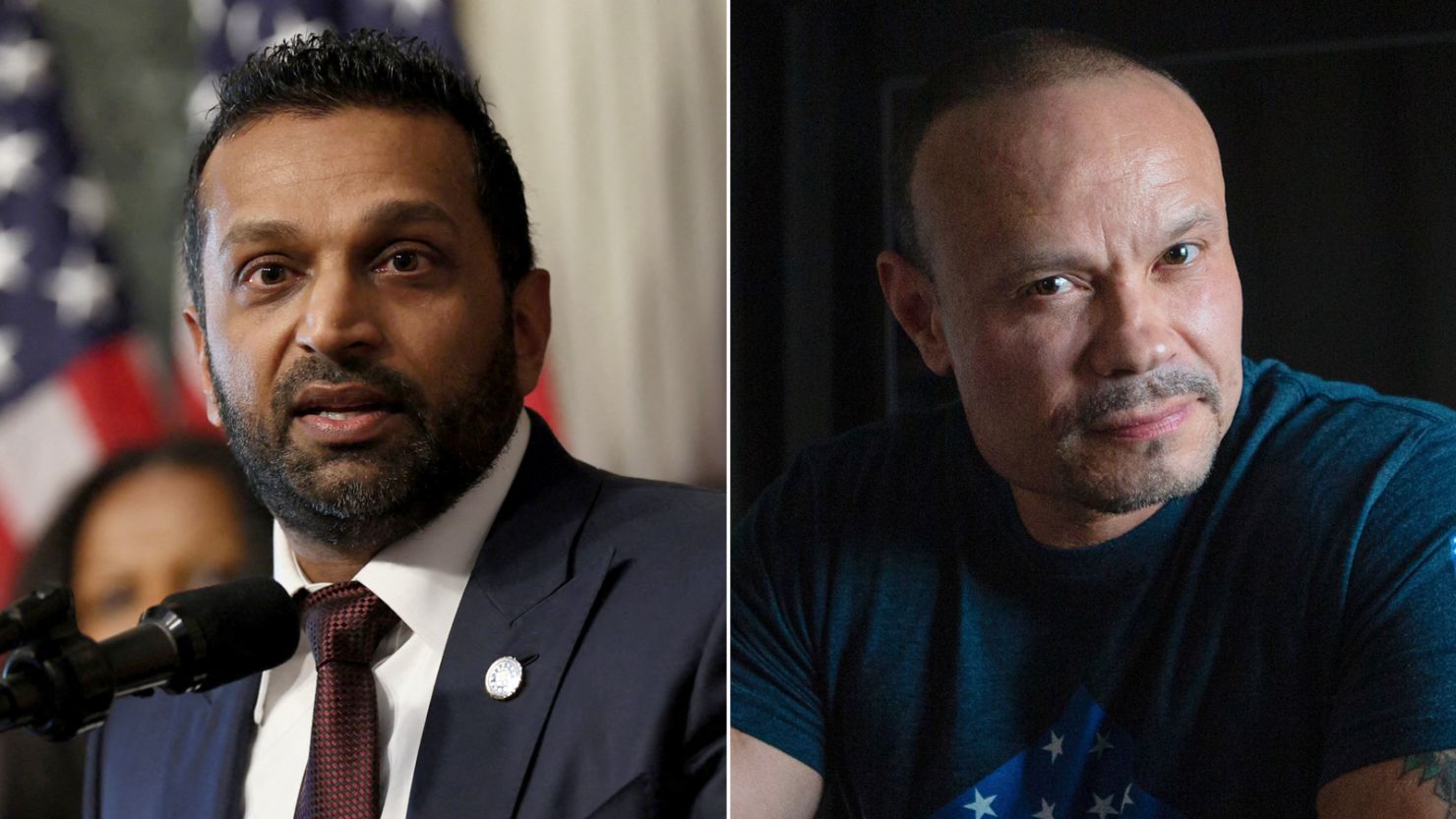
Reactions in Los Angeles were sharply divided. Immigration advocates criticized the arrest and broader crackdown as heavy-handed, arguing that federal officials are criminalizing dissent and stoking fear in immigrant communities.
Meanwhile, supporters of the administration hailed the move as long overdue. Conservative commentators emphasized that throwing concrete at officers represents a clear danger that cannot be excused under the banner of protest.
Social media lit up with commentary on both sides. Some praised Bongino for his aggressive stance, while others accused him of politicizing law enforcement by tying Reyna’s arrest to broader debates over immigration.
For many observers, Reyna’s arrest symbolizes more than a single incident. It represents the intersection of multiple national debates: immigration, federal authority, state rights, law enforcement, and political protest.
The violence in Paramount and subsequent unrest across Los Angeles underscored how deeply polarized the nation remains over immigration policy. While
Trump’s administration insists on strict enforcement and harsh penalties for attacks on officers, local leaders argue that such tactics only inflame tensions and undermine community trust.
As the legal battles continue and the political rhetoric escalates, the arrest of Elpidio Reyna serves as both a cautionary tale and a rallying cry, depending on one’s perspective.
Elpidio Reyna’s arrest at the U.S.-Mexico border closed a chapter in one of the summer’s most violent confrontations between protesters and federal agents. Accused of throwing concrete blocks at officers in Paramount, Reyna now faces federal prosecution for assaulting law enforcement.

For the FBI and Trump administration officials like Dan Bongino, the arrest represents justice and sends a clear message that attacks on officers will not be tolerated. For critics, it is part of a troubling pattern of federal overreach and militarized enforcement.
As Reyna awaits trial in Los Angeles, the political, legal, and social reverberations of his case will continue to shape the debate over immigration, law enforcement, and federal power in one of the nation’s most contentious battlegrounds.
